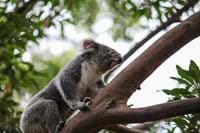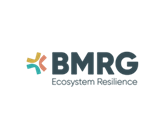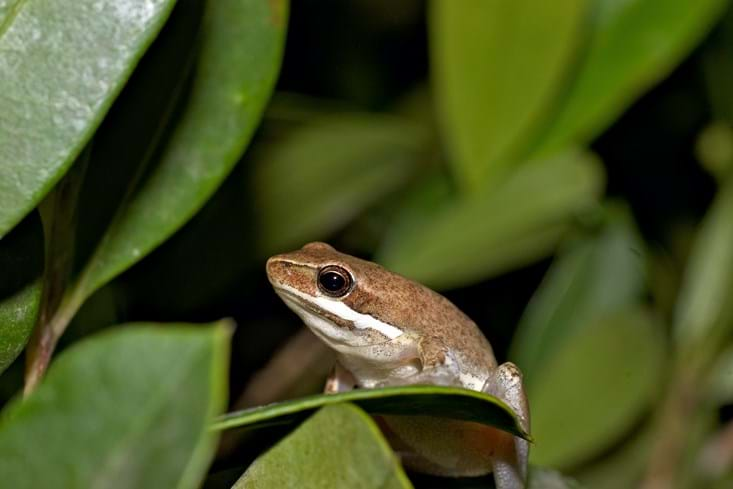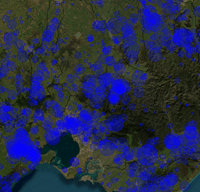eDNA is increasingly being utilised to enhance natural capital accounting by providing precise data on biodiversity and ecosystem health. By accurately assessing biodiversity and ecosystem health, eDNA can contribute to more comprehensive natural capital accounts. This integration leads to better-informed conservation strategies and sustainable resource management practices. As methodologies advance and become standardised, eDNA can play a crucial role in the future of natural capital accounting.
Our eDNA Method
Natural capital accounting measures and values natural resources and ecosystem services to support sustainable management and better policy decisions. Accredited by Accounting for Nature, grounded in rigorous scientific standards, we've developed a natural capital scientific method to assess the condition of aquatic vertebrate biodiversity. It's designed for application at property, catchment, or regional scales across Australia.
The method produces condition scores and an Econd®, providing a quantifiable value for biodiversity and helping track environmental change over time.
Adopt Nature-related Financial Disclosures into your organisation
The Taskforce on Nature-related Financial Disclosures (TNFD) requires companies to assess and disclose nature-related dependencies and impacts. This framework helps businesses understand how they rely on and affect nature, critical for long-term sustainability and financial resilience.
Consumer goods and retail
Across sectors like retail, chemicals, and industry, companies are recognising the value of nature and adopting reporting and data initiatives to measure environmental impacts and dependencies.
Agriculture
Agricultural organisations are focusing on sustainable land management practices to maintain ecosystem health across extensive properties.
Energy
Investment priorities encompass renewable energy, energy efficiency, and low-emission technologies. Aligning with natural capital accounting principles to promote sustainable growth.
Aviation
The aviation industry emphasises the importance of integrating natural capital considerations into corporate strategies. This reflects a commitment to environmental stewardship.
Finance
Growing recognition of the need to address the decline of nature, ecosystems, and biodiversity, which poses risks to the global economy. A proposed solution is introducing Natural Capital Buffers (NCBs) for banks, requires them to maintain and secure natural capital proportionate to their environmentally risk-weighted assets. This approach aims to ensure investment in nature restoration and prevent systemic financial risks due to nature collapse.
Burnett Mary Region Environmental Account
Burnett Mary Regional Group established a robus natural capital account to address key questions about regional ecosystem health. This groundbreaking project established a comprehensive natural capital account encompassing native vegetation, fauna and freshwater ecosystem.





